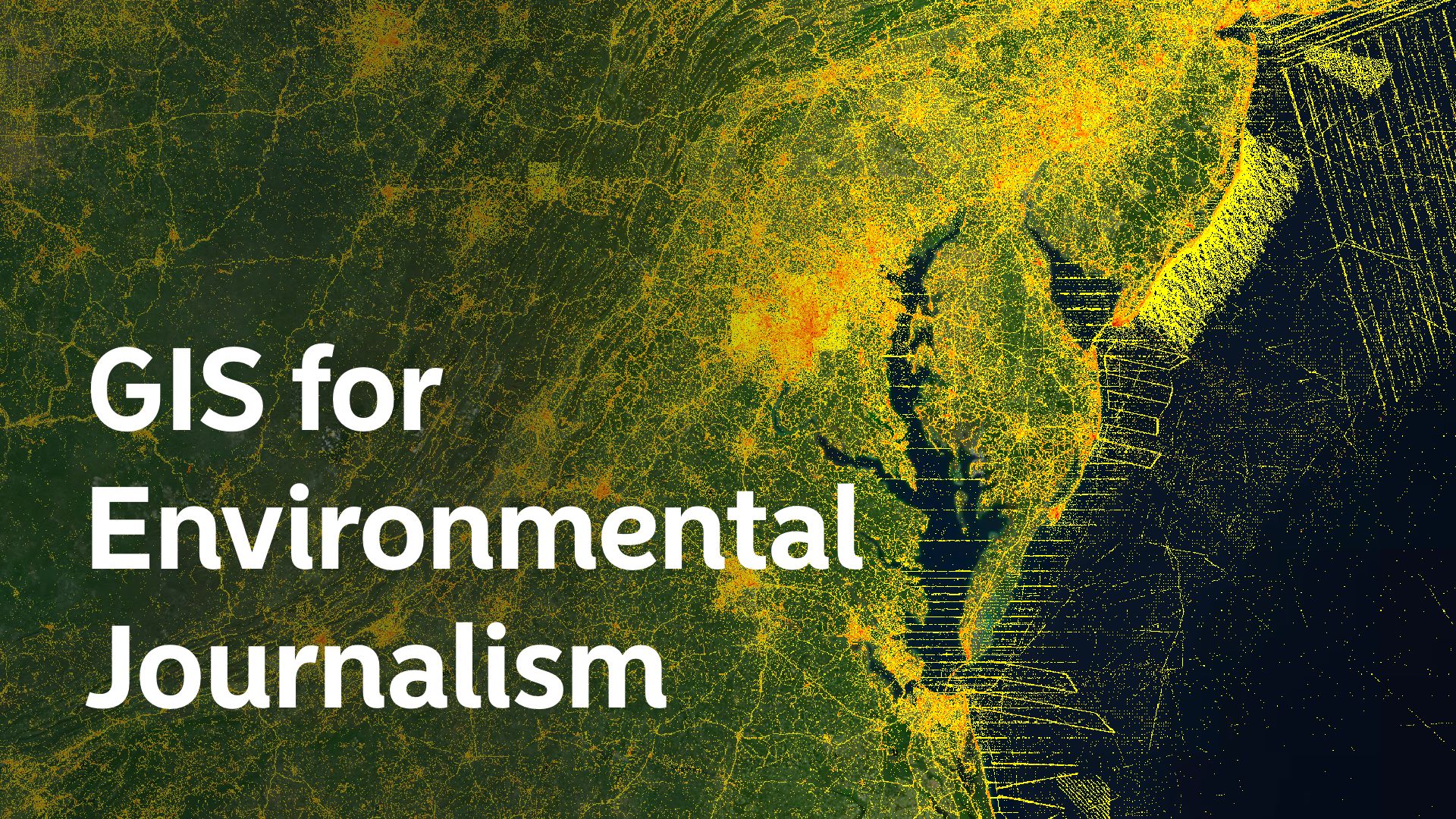Where it all started
Enernite was established May 2021, while we finalized our academic studies at the Norwegian University of Science and Technology. As a group of engineers, we had first-hand experience with data science, automation and geographical information systems (GIS). We wanted to help renewable energy companies find the perfect spots for solar and wind power projects. Our journey began with a company called "Enernite."
After more than 500 successful site suitability analyses around the world, including Europe, South America, Africa and Asia, together with global renewable energy developers, we experienced first-hand the issues with today’s tools.
- Explore, manipulate and analyze geospatial data is hard to learn
- No easy way to share flexible maps publicly without building custom solutions
- The go-to solution is static files that were sent back and fourth, with unlimited versions and cluttered file history
The first version of our product automated some aspects of the geospatial analysis for renewable energy developers and made it easy to share dynamic maps across teams and organizations.
But the surprise came when urban planners, researchers, analysts, and students wanted in. They started using Atlas, even though it wasn't initially designed for them. Atlas wasn't just for renewable energy; it was for everyone.
The notion to rebrand
Over time, we have (internally) developed the notion that «Enernite» is sub-optimal as a brand and domain for us. We felt that Enernite didn’t fit our vision anymore. We also wanted to refresh the brand's colors and elements to be more modern and flexible.
The name «Enernite» was unique but confusing. It combined "energy" and "night" to express hidden energy data. But it was a mouthful, hard to remember, and even harder to spell.
Finding the right name
While a brand is not a name, naming a company is one of the most fun projects you can execute on. At the point the notion of rebranding had started to grow within the founders, we started to casually brainstorm name ideas.
We researched dozens of words related to maps, data, GIS and geospatial. We used days on manually trying hundreds of simple words, and derivations, without finding any great alternatives.
One day, on a 8-hour long road trip to Sweden a word suddenly came up. "Atlas". It was perfect.
Why we liked Atlas:
- Atlas is known as a collection of maps, which is exactly what our vision is all about
- An atlas was initially designed for easy navigation, which is one of our most important product pillars
- Atlas has the same wording in almost all languages
- Atlas, the greek titan, held up the celestial heavens. This symbolizes our role in supporting and managing vast amounts of geographic information
So, we moved forward.
Atlas
We all see that there is a revolution happening in business software right now. Notion is changing how we organize, Figma how we design and Slack changed how we communicate.
However, maps and geographical information systems (GIS) has remained relatively static. Millions of businesses across the world are using software that were designed for a time when the speed, scale, data and capabilities that businesses require today could not be conceptualized.
Atlas is here to change that.
Our purpose is simple. We want to make geospatial analysis and maps accessible to everyone.
What does that mean? GIS is complex and require specialized knowledge. There are only about 2 million people in the world that work as GIS professionals, while billions of people are surrounded by location data. Whether it be data from your phone or global demographic statistics, location data is all around us.
We want more people to be able to use location data. Quickly, simply and inexpensively.
And this is what gets the Atlas team up in the morning and working hard every day.
What is Atlas?
Atlas is the new standard for GIS software. Simple and powerful, right in the browser. Step into Atlas to explore, analyze and share geospatial data. The software aims to give analysts, of any skill a chance to create maps and analyze geospatial data rapidly, together with their co-members.
Who is Atlas for?
Atlas is for analysts, cartographers, planners, managers, teachers or anyone who is looking to create a map to tell a story or analyze trends. Atlas is especially advantageous for team projects, where collaboration is essential.




